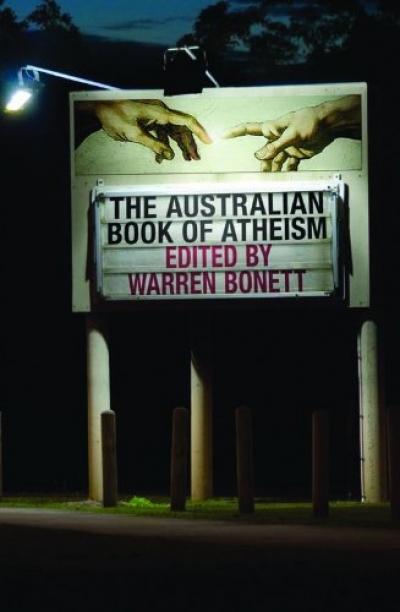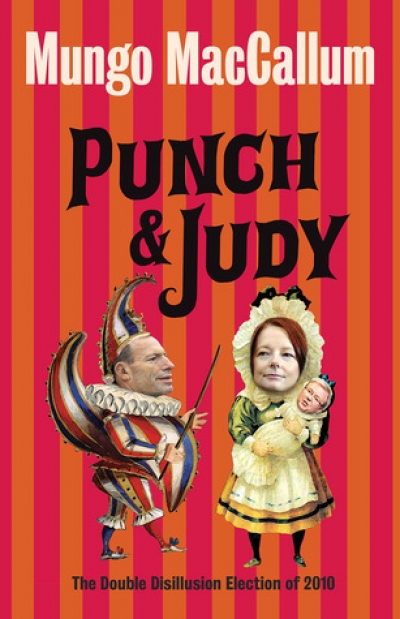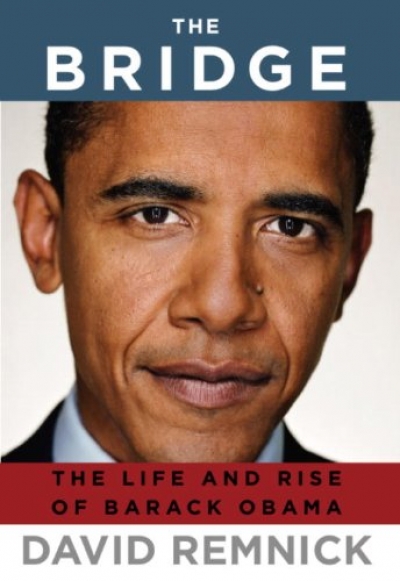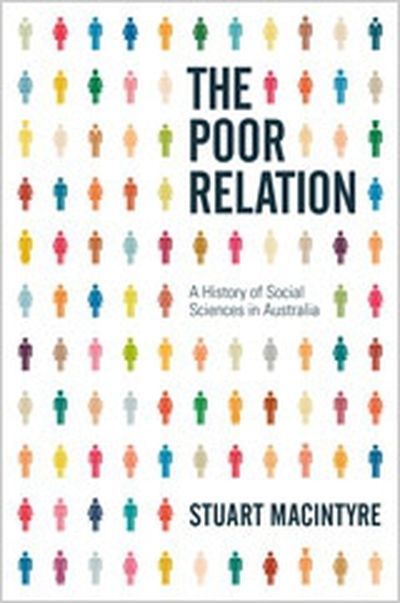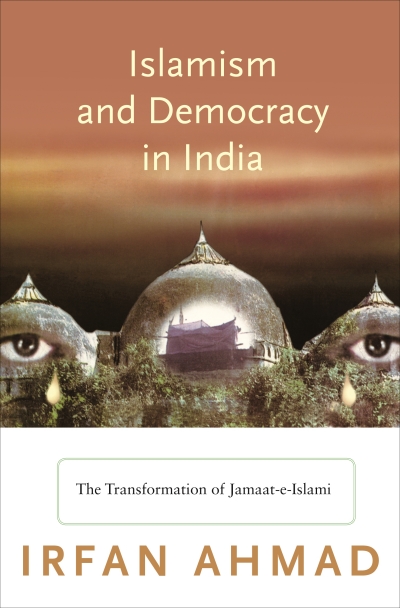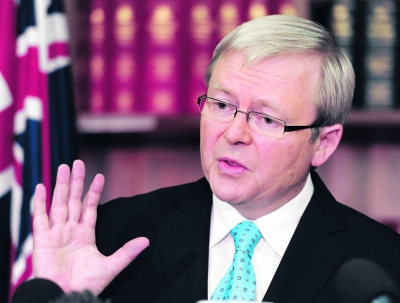Politics
‘A peculiar bloke, Jack; you never knew him. You couldn’t get close to him.’ Reg Pollard, who was one of the abler members of the Labor Caucus in the 1940s, confessed his puzzlement to Lloyd Ross as Curtin’s biographer gathered personal testimony ...
... (read more)Once mainly associated with shrill killjoys and desiccated reductionists, atheism has recently received a jolt of adrenaline from Christopher Hitchens, Richard Dawkins, and others. Yet while these writers delight in exposing religion’s philosophical deficiencies, their tone is predominantly negative. Fortunately, The Australian Book of Atheism goes beyond simply rehashing the New Atheists’ explanations of Why God Doesn’t Exist. Divided into ‘Overview’, ‘Personal’, ‘Education’, ‘Social and Cultural’, ‘Politics’, ‘Philosophy’, and ‘Religion and the Brain’, this collection offers a more nuanced picture of atheism than does the recent crop of celebrity-authored blockbusters.
... (read more)Immediately after the mid-term elections in November, Barack Obama left for a long-planned G20 gathering in Seoul and for meetings with heads of government in the nation states of India, Indonesia, and Japan. Nothing remarkable, you think? Exactly what one expects a United States president to do? Not in America.
The right-wing blogosphere went berserk. Miche ...
Trivial Pursuit: Leadership and the End of the Reform Era (Quarterly Essay 40) by George Megalogenis & The Party Thieves: The Real Story of the 2010 Election by Barrie Cassidy
Political writers are much like their sports-writing cousins. Most simply tell it as they see it, recounting the highs and lows of the game, the winners and losers, the statistics and scoreline. Some – courtesy of a flair for language, a well-stocked contacts book, or the perspective that comes from being a former player or a veteran observer ...
... (read more)John Howard and Tony Blair both came to the prime ministership in landslides, Howard in 1996, Blair in 1997. They were on opposite sides of the traditional political divide, Howard leading a Liberal Party opposed to Australian Labor and Blair leading the British Labour Party ...
... (read more)Punch and Judy: The double disillusion election of 2010 by Mungo MacCallum
The 2010 federal election fell on my wife’s birthday: 21 August. Being political tragics, we didn’t stop for birthday cake. Instead, we handed out roughly 1600 how-to-vote cards for the Australian Labor Party in suburban Melbourne. Our local polling booth is the Vista Valley Kindergarten, in Bulleen. This kindergarten cum polling booth, which sits in more of a gully than a valley and offers no vistas, is located in the north-eastern corner of the electorate of Menzies, held by ultraconservative Liberal frontbencher Kevin Andrews. The battle for Vista Valley mirrored the national poll. In the Vista Valley count, the ALP’s primary vote collapsed, the Greens’ soared, more people voted informal than backed Family First, yet, thanks to the preferences of Greens voters, Labor fell across the line by four votes.
... (read more)The Bridge: The life and rise of Barack Obama by David Remnick
When the book arrived for review, a paperback of 656 pages, my heart sank. Americans are the world’s greatest researchers. Reading it would be like drinking from a fire hose. But it began incisively, with a turning point in the 2008 presidential campaign that established Obama’s audacity as a ‘complex, cautious, intelligent, shrewd, young African-American man’ who would project his ambitions and hopes as the aspirations of the United States of America itself. Soon we were in Kenya, with Tom Mboya, Jomo Kenyatta, the Mau Mau uprising, and Barack Hussein Obama Sr, a promising young economist with a rich, musical voice and a confident manner on his way to the University of Hawaii. We also meet the most compelling character in the book, perhaps in Obama’s life: his mother, a seventeen-year-old from Kansas, intrepid and idealistic, who takes up with the dasher from Kenya, becomes pregnant and marries him.
... (read more)The Poor Relation: A History of Social Sciences in Australia by by Stuart Macintyre
During the lead-up to the last United States presidential election, I found myself waiting for a train at the Princeton railway station with nothing to read. I picked up a copy of the student newspaper. Much of it was standard Bush bashing, intermingled with unrealistic expectations of what Obama might achieve. But one sentence in an editorial caught my eye: ‘It is time to end amateur hour at the White House.’ One of the great failings of George W. Bush’s presidency was the neglect of expert advice on the complex issues that faced America during his two terms. Ideology, prejudice and vested interests trumped properly informed judgements based on good research.
... (read more)Islamism and Democracy in India: The transformation of Jamaat-e-Islami by Irfan Ahmad
The terrorist attacks of 9/11, and the loosely related jihadi Islamist terrorist attacks that followed in a dozen countries, have left the world more afraid than ever of Islam. Modern terrorism is not the only factor. The West has long had a problem with Islam. This perception dates back a full millennium to a time when Europe was in its dark ages and Islamic civilisation was blossoming. From the beginning, Western anxiety about Islam has been based on almost total ignorance. Well before there was any substantial contact between Europeans and Muslims, Islam was an imagined ‘other’ automatically cast as the opposite of everything that the ‘Christian West’ claimed as its legacy.
... (read more)The political assassination of Kevin Rudd will fascinate for a long time to come. As with Duncan’s murder in Shakespeare’s play it was done, as Lady Macbeth cautioned, under ‘the blanket of the dark’, literally the night of 23–24 June 2010. The assassins heeded Macbeth’s advice: ‘if it were done when ’tis done, then ’twere well it were done quickly.’ And as in Macbeth, the assassins were in the shadow of the throne. Even the old king approved: Bob Hawke, himself deposed in 1991, recognised at last that the removal of a Labor prime minister is sometimes necessary.
... (read more)

